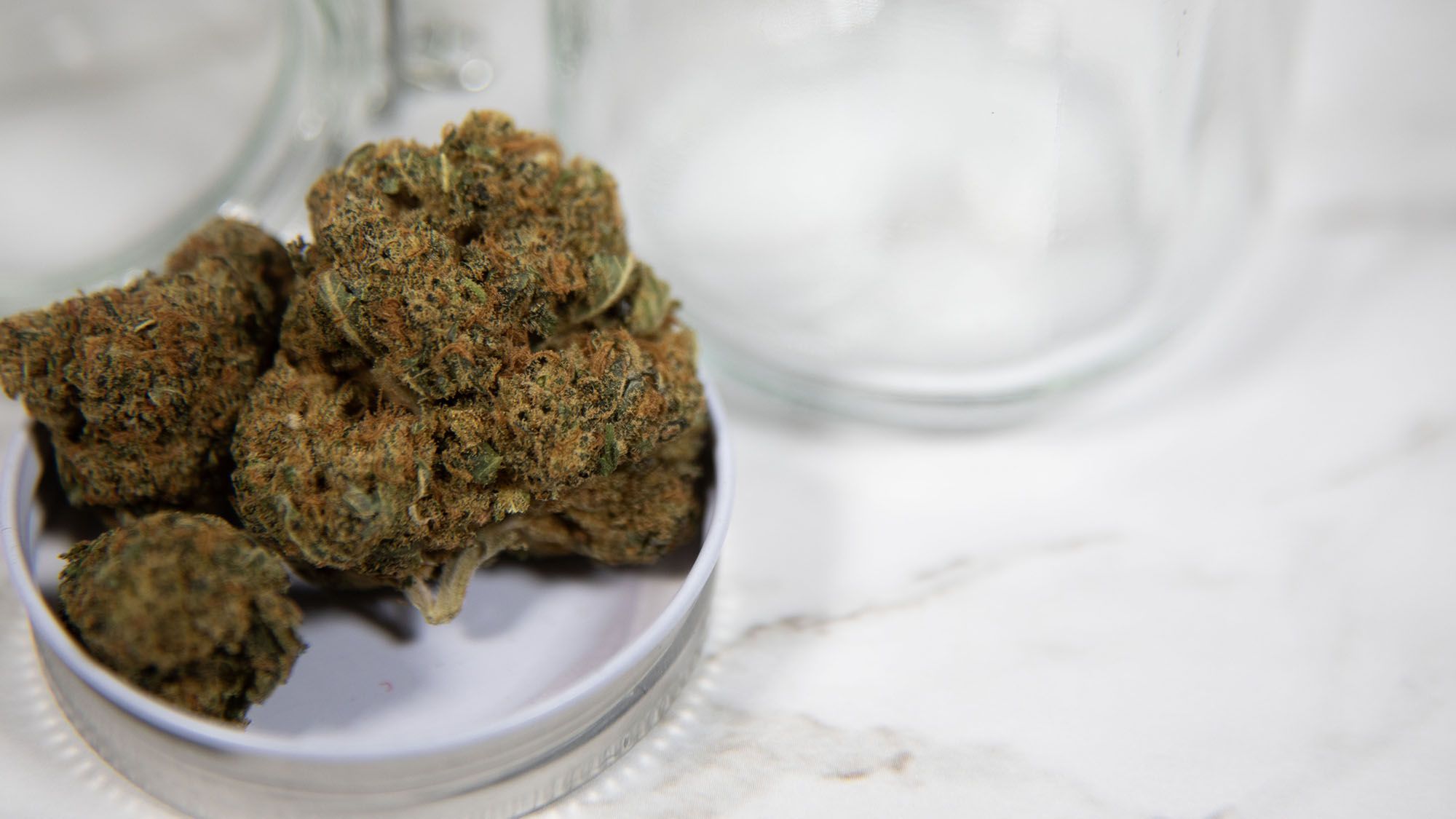In 2022, New Jersey marijuana dispensaries continue to refine the way they categorize and offer various cannabis strains to consumers. The differentiation between strains, particularly between those high in CBD and those high in THC, is crucial for meeting the specific needs and preferences of both medical and recreational users. Here’s how dispensaries in New Jersey determine and distinguish between different strains and varieties of marijuana.
Strain Differentiation: THC vs. CBD
Understanding Cannabinoids
The primary difference between cannabis strains often comes down to the concentration of cannabinoids, particularly THC (tetrahydrocannabinol) and CBD (cannabidiol). THC is known for its psychoactive effects, while CBD is prized for its medicinal benefits without causing a high.
Lab Testing
To accurately categorize and label their products, dispensaries rely on detailed lab testing that quantifies the levels of THC, CBD, and other cannabinoids. These tests ensure that each product sold meets state regulatory standards for safety and efficacy and helps dispensaries provide accurate information to their customers.
- THC-Dominant Strains: These are typically preferred by recreational users looking for psychoactive effects and are also used by some medical patients to relieve pain, nausea, and insomnia.
- CBD-Dominant Strains: These strains are sought after primarily by medical users looking to alleviate symptoms like inflammation, anxiety, and seizures without experiencing a pronounced high.
- Balanced THC/CBD Strains: Offering a mix of both THC and CBD, these strains aim to provide a balanced effect, useful for users seeking both mild psychoactive effects and medical benefits.
Classification by Genetics
Indica, Sativa, and Hybrid
Beyond cannabinoid content, strains are also categorized by their genetic lineage:
- Indica strains are believed to have more relaxing and sedative effects, making them suitable for evening use.
- Sativa strains are associated with more energizing effects, often preferred for daytime use.
- Hybrids contain genetics from both Indica and Sativa strains, designed to offer a balance of effects, tailored to specific user preferences and needs.
Sensory Evaluation
Dispensaries also employ sensory evaluations to differentiate strains. Characteristics such as the aroma, flavor, and appearance are considered, as these can affect a user’s experience and choice. Terpene profiles, which influence taste and smell, are particularly important and are often included in lab testing results.
Educated Staff
Finally, staff education plays a crucial role in strain differentiation. Budtenders at dispensaries are trained to understand the nuances of various strains and their effects. They use this knowledge to guide consumers in choosing a strain that best fits their desired outcomes, whether for relaxation, pain relief, or a mild euphoric experience.
Conclusion
New Jersey marijuana dispensaries use a combination of scientific testing, genetic understanding, sensory evaluation, and staff expertise to categorize and recommend cannabis strains. This comprehensive approach ensures that consumers can make informed choices based on their personal needs, whether they are looking for high THC content for recreational use or high CBD strains for medical purposes.







